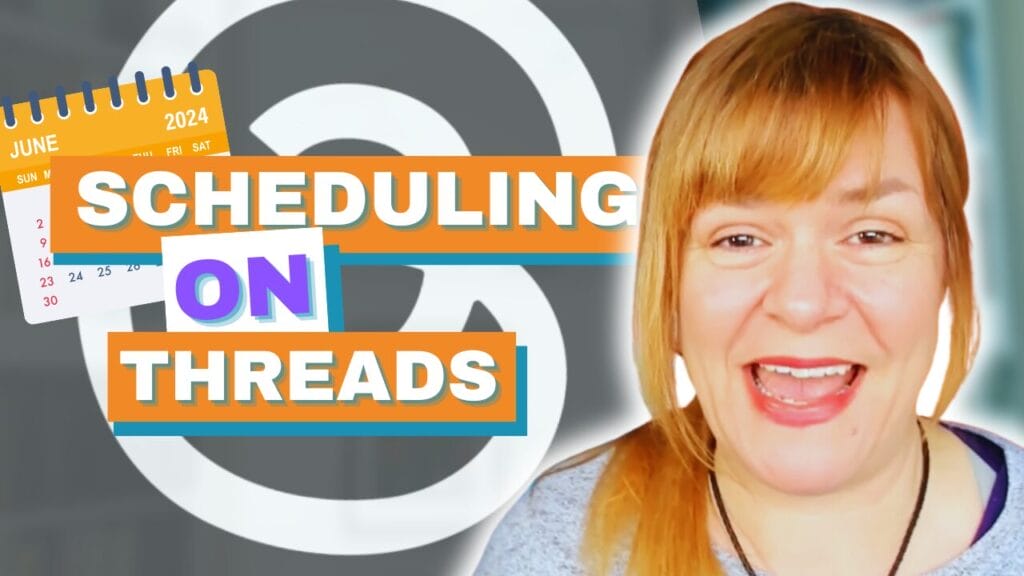
Guest posting has a bad name. Back in 2014 the head of Google’s spam team Matt Cutts told us to stop doing it. That guest blogging for SEO is dead.
But in 2016 it’s still an effective way of building your brand or business online and if you do it well you could still benefit from those inbound links.
Listen below to find out more about guest blogging:
Podcast: Play in new window | Download
Subscribe: Apple Podcasts | RSS
Inbound links are at the heart of SEO. Each quality and relevant link you get back to your website increases your Domain Authority and your chances of ranking well on search engines. Although many envisage a time in the future where search engines will no longer have to rely on inbound links they are currently hugely important.
Guest blogging has a bad name and that’s because of marketers. It wasn’t so long ago that a legitimate link building strategy would include posting articles to ‘content farms’ in order to get an inbound link. Back when I started blogging this was an acceptable practice and it worked.
When guest blogging went wrong…
Guest blogging for link building got a bit out of hand and back in 2014 things changed. Matt Cutts published a post on his blog that called for an end to guest blogging for link building purposes. He outlines how Guest Posting has gone wrong and tells us to ‘stick a fork in it’.
“So stick a fork in it: guest blogging is done; it’s just gotten too spammy. In general, I wouldn’t recommend accepting a guest blog post unless you are willing to vouch for someone personally or know them well. Likewise, I wouldn’t recommend relying on guest posting, guest blogging sites, or guest blogging SEO as a link building strategy.”
Should you still look towards guest posting as part of your digital marketing strategy?
My answer is yes, absolutely. In his blog post Matt is talking about poor quality link building. If you offer high quality and relevant content to another website you shouldn’t fall foul of Google’s spam team.
Later on, Matt updated his post to clarify that there is still value in guest posting, his issue was with using it for easy SEO links.
” It seems like most people are getting the spirit of what I was trying to say, but I’ll add a bit more context. I’m not trying to throw the baby out with the bath water. There are still many good reasons to do some guest blogging (exposure, branding, increased reach, community, etc.).”
Guest Blogging Is A Powerful Digital Marketing Tool
Let’s put Matt’s comments aside for a moment. Guest blogging, when done well is still a good way to build links to your website (more on that later) but it’s also good for your reputation. I’ve guest blogged on Social Media Examiner, Jon Loomer, Razorsocial amongst others. This gives me a certain authority, If I’ve written for these sites I must be good right! I even mention it on my LinkedIn profile.
Whenever I’ve written for one of these sites I’ve rarely seen a massive amount of direct traffic as a result. What I have seen is an increase in Twitter followers, Facebook Likes and mailing list subscribers. Even if I didn’t get SEO juice from those posts I acquired an audience who I can sell to in the future.
The key is to have a plan to capitalise on your guest posts when they are published.
When I do write for other sites and when I’m writing about something I have written about before on my own I will include a link back to that post on my site for further reading. As long as this is relevant this should still work well as an inbound link to my site. If you do this the key is not to shoehorn a link into your content, only include it if it’s relevant and don’t try and manipulate the anchor text (the text that is highlighted and once clicked brings you to your link) for SEO purposes.
How to find sites that accept guest blog posts
Now that you are ready to write high-quality content for other sites how do you find the sites that will accept your content? How do you approach them?
Start with a Google search. Come up with a keyword related to the blog posts you want to write. Now search for that followed by “guest post” this should return lots of results.

You can get more creative with your searches too. Replace guest post with “post written by”. Steer clear of sponsored posts, these are posts by bloggers who have been paid to write content or display content on their sites.
If you have the MOZ bar installed on your browser you can identify sites that have a higher DA than you, this is a shortcut to finding sites that it would be most beneficial to write for.
Applying to be a guest contributor
Once you have identified a list of sites search each to find out if they have guest blogging or contributor guidelines. Any serious site that accepts guest posts should have this on their site, if they don’t get in touch with the site owner and ask them if there is a process in place for applying to be a guest blogger.
If you do this be aware that like me, these bloggers will get a lot of submissions from bloggers every day or every week, make sure your mail doesn’t sound generic or it will go straight in the email bin.
You should now have a shortlist of sites you can approach for guest blogging. Make sure you follow their procedures when applying. Most sites will ask you for a content idea before accepting you, others will want to see samples of your work.
For example, many bloggers choose to write for the Huffington Post. The process to get blogging for them is to complete a form pitching your blog idea. You’ll be asked for your headline, your idea, your name, your bio, your email and you’ll need to chose a topic you want to write about.

Before you submit an idea to the Huffington post you should look at content on the site. Make sure you are pitching something that matches the style and tone of existing posts.
If you get accepted you may be given a log on so you can submit posts easily on a regular basis.
The Huffington post features hundreds of blog posts on all topics on their site every day. It could be a good starting point no matter what you write about.
How to write a guest post
One mistake I’ve made is to inject too much of my own style on the posts I’ve written. This makes the editors job much harder.
Avoid making this mistake, take a good look at the site you are writing for. Do they have a specific format or writing frame that they seem to impose on all their content? Last week in episode 50 I talked about writing frames and outlined the format that Social Media Examiner posts take. Does the site you want to write for have a similar format? If so you will win brownie points with the editor if you follow the format.
Some sites will give you a specific style guide that they want you to conform to. Business site Tweak Your Biz has a detailed style guide that they ask you to follow. This makes your job much easier.
If the site you are writing for does provide a style guide follow it to the letter, if you don’t you are making extra work for the editor. Keeping the editor happy means they’ll be happy to accept posts from you in the future.
Some sites will give you a deadline for your content. If you want to keep the editor on side, set yourself the target of finishing the post a day early. That means they won’t have to send follow up emails to ensure you are on schedule.
Finally, when I write a guest post for another site I always get a friend to proofread it for me. Typos on my own site are a common occurrence but I can correct them later. When I’m writing for someone else I often don’t have the opportunity to edit once I’ve submitted so I have to get it right first time.
Adding your link
Most sites that accept blog posts will allow you to put a link to your website in your bio. Be careful with the anchor text you add to this link. To avoid any complications with Google and other search engines you may just choose to link the name of your business. A better use of this link would be to send people to an email signup page on your site. Most bio links are no-follow (don’t carry any search engine juice) so you want to ensure that the link you do add delivers the best results for you.
It’s also acceptable to add a link back to a blog post on your own site if it’s relevant to the post you are writing. Editors reserve the right to remove these links as they see fit so don’t be disappointed if it’s missing when the post is published.
Being realistic with your guest posting schedule
There is a lot of value to guest blogging but make sure that you don’t end up abandoning your own blogging schedule. Remember the real value of guest blogging is in producing high quality posts on other sites that will not only provide an inbound link to your site but establish your expertise. This means you will need to allocate a large slot of time for guest blogging. Aim to write one guest post a month or even a quarter with the goal of making it a really good one.
Now that it’s published
All going well your post will get published. Your job isn’t over, it’s just beginning. Firstly you will need to promote it yourself. Set up a promotion schedule the same way you would for content on your own site. Make sure you tag the site you are writing for on social media so that they can see you are actively promoting too.
Find people on Twitter who share your post
Copy the direct link to the post and paste it into the Twitter search bar. This will bring up a list of tweets that include the link.

Your job is to engage with each of these people. And when I say engage I don’t mean a simple like or a generic reply. Look at each users profile and find something conversation worthy. When thanking them for sharing your post add this conversation prompt to your tweet.
For example. If the person says in their Twitter bio that they like Cats add something Cat related to your thank you message. If you want to go all in with your thank you messages create a personalised image that you can share with them.
This may all seem like a lot of work but you’ll start to build a new audience of followers from the blog you are guesting on who could become alpha list members, advocates or even customers in the future.
Blogging Challenge
Are you up for a bit of guest blogging? If so here’s your challenge:
1. Make a list of sites you want to blog on
2. Find out their submission process
3. Apply to blog
4. Create a guest blogging schedule for yourself
Before You Go
Do you believe in Karma? If so I recommend that you go over to or and leave a review on this podcast. You never know what wonderful things might happen in return.
Here’s how to review a blog using iTunes:
Do Facebook ads make you tear your hair out? Let us manage your Facebook ads for you. We'll save you time and improve results. Get A Quote Now.









